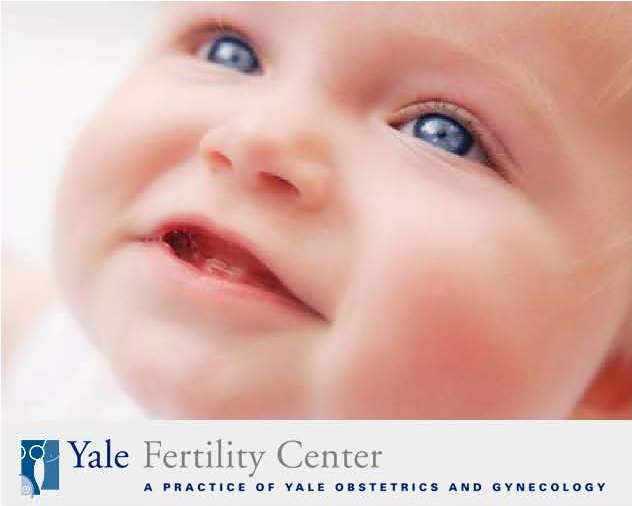Yale Fertility Center has extensive experience helping an infertile or same-sex couple finding an appropriate egg donor. Finding the right donor may take some time, but YFC offers flexibility during the process. “We make sure that you’ve got the donor you’re comfortable with,” says Dorothy Greenfeld, LCSW, Clinical Professor and psychological counselor at YFC. Couples meet with Greenfeld and discuss donor traits that are important to them. She then goes over YFC’s donor profiles with the intended parents. Though donation is strictly anonymous, the intended parents receive a great deal of information about the egg donor. In addition to health information, height, weight, and hair and eye color, as well as those of the donor’s relatives, couples learn about her education, her occupation, and her reproductive history, including details of any previous egg donations.
In contrast to the practice at some other egg-donation programs, couples at YFC are not placed on a waiting list for eggs, and they may decline a particular donor if they wish. What is the typical egg donor like? “They’re women who have often been touched by infertility in some way,” says Greenfeld. “They have a godmother who was infertile or they’ve worked with women who are infertile.” Successful egg donors tend to be active, educated young women who are in school or who are young mothers themselves. They know they face a months-long process that involves uncomfortable procedures, but they want to help others have babies, and they view donating eggs not as “giving away a baby” but as a way of giving the gift of a family to a couple in need.
Potential egg donors must be aged 21–30, in good physical and psychological health, and have at least a high school education. All potential YFC donors undergo extensive health screening by YFC faculty, as well as a psychological evaluation by Greenfeld.
Subscribe to:
Post Comments (Atom)








No comments:
Post a Comment